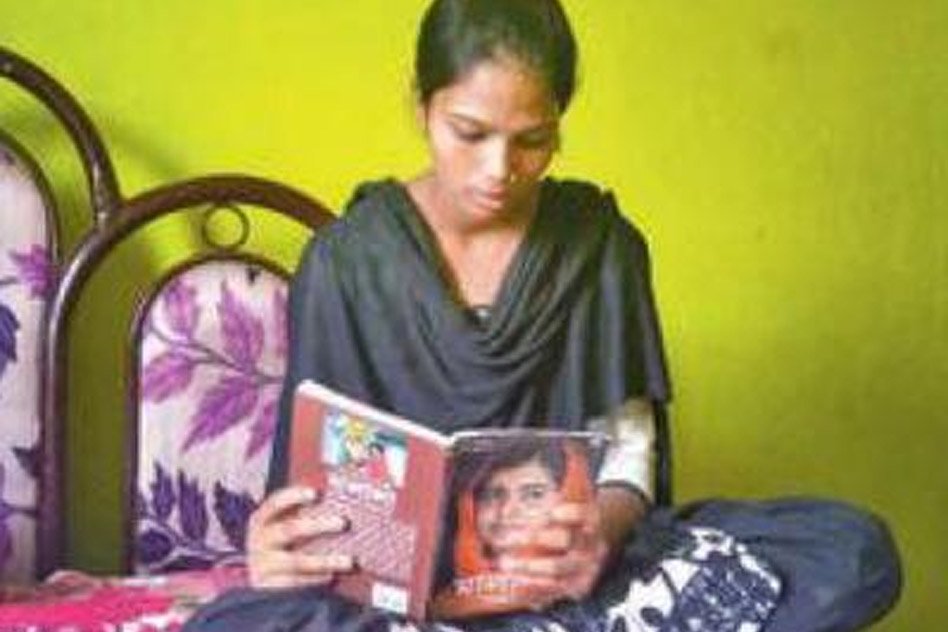
This Girl Fought Against Child Marriage; Now, She Has Been Forced To Drop Out Of School Due To Constant Harassment
19 May 2017 7:05 AM GMT
On 17 January 2017, 13-year-old Beauty Khatun stopped a child marriage from taking place in Malda, West Bengal. Following this, she was praised by the police and by the West Bengal government. However, she has also suffered harassment and hospitalisation due to abuse by locals following the incident.
In January, when Beauty attended a wedding, she noticed that the bride was unerage. She immediately informed the authorities, who stopped the wedding from taking place.
Following this, Beauty was named the brand ambassador for her district’s anti-child marriage campaign. On 24 February, the Amriti-hailing girl was felicitated by the Block Development Office. Soon, on the occasion of International Women’s Day, Chief Minister Mamata Banerjee honoured her courage and dutifulness.
Beauty is now being harassed by locals
But now, Beauty has revealed that she is being subjected to teasing and abusing in her locality. She was even hounded by miscreants and hospitalised on one occasion. She has been forced to stop going to school, fearing assault by local youths.
The Child Welfare Committee (CWC) has reacted sharply and vowed to ensure her protection. The police have arrested the parents of the unerage bride and the groom, whose marriage Beauty managed to halt.
Beauty, meanwhile, is trying to cope by reading books of Nobel Peace laureate Malala Yousafzai. Beauty’s mother, Jhasi Begum, told The Times of India, “I never imagined my daughter will have to pay such a price for doing noble work.”
CWC chairperson Chaitali Ghosh said, “It is a shame for us that Beauty came to me crying, seeking protection, when we hold her as a model against child marriage. We shall never tolerate this and will visit her house. I’m also asking the police to take strict action against the accused.”
The Logical Indian take
The Logical Indian community hopes that authorities ensure the safety of Beauty Khatun so that she can resume her schooling peacefully. It is a matter of great shame that a brave young girl who dared to stop an injustice from taking place is now subjected to injustice herself.
 All section
All section













